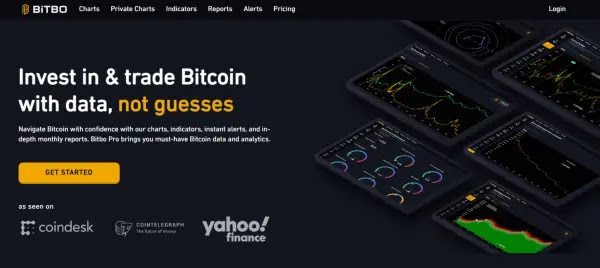Technical analysis has long been a powerful tool for traders and investors alike. At its core, technical analysis is a method of deciphering financial markets by examining historical price and volume data to identify trends and make predictions about future price movements (Market Investopedia). The Securities Investors Association (Singapore) outlines four key principles that form the bedrock of technical analysis:
 |
| Photo by Josiah Lewis |
1. Markets alternate between range expansion and range contraction
The first principle is based on the idea that prices tend to trade in ranges, alternating between periods of range expansion and range contraction (SIAS). Essentially, markets tend to exist in one of two phases: either trending or chopping back and forth (SMB Training). Understanding these phases can provide a fresh perspective on support and resistance levels, enabling traders to identify what the present range might be and what the next range will be.
 |
| Photo by Ali Ramazan Çiftçi |
2. Trend continuation is more likely than reversal
The saying "the trend is your friend…until it bends" beautifully encapsulates the second principle. Simply put, if the market is trending in a particular direction, then it's generally safe to assume that direction will continue for the time being (SMB Training). This principle suggests that the continuation of a trend is statistically more likely than its reversal. However, it's equally crucial to identify when a trend might be on the brink of reversal. Traders often find it tempting to pinpoint the exact high or low of a move, but it's generally more profitable to follow the trend rather than go against it (Investopedia).
3. Trends end in one of two ways: climax or rollover
Trends, although persistent, do not last forever. They usually culminate in one of two ways: a dramatic climax or a more subdued rollover. A climax, particularly a buying climax, is characterized by a situation where the last buyers are willing to pay practically any price. Once that last buyer buys, a vacuum is created on the other side and the market collapses. On the contrary, a rollover is when the buying or selling simply runs out of steam and gradually peters out (Big Trends).
 |
| Photo by cottonbro studio |
4. Momentum precedes price
The fourth principle is perhaps the most critical: "momentum precedes price." This rule suggests that when a market makes a sharp move (an "impulse" or "momentum" move), the price is likely to continue further in the same direction (SMB Training). Momentum, the forces of buying and selling pressure, often leads to price. New momentum highs have a greater probability of being followed by new price highs (WealthPress).
Stonksmaster: Where the Art and Science of Technical Analysis Meets
While these principles provide a robust framework, it's crucial to remember that technical analysis is as much an art as a science. Market movements are influenced by a myriad of factors, and these principles should be used in conjunction with other forms of analysis for the best results.
 |
| Photo by Monstera Production |
And this is where Stonksmaster comes in, offering a fresh approach to support your technical analysis. By incorporating our daily expected price ranges into your analysis, you'll receive a fresh perspective on support and resistance levels that go beyond traditional technical analysis. Our Expected Price Range adjusts based on momentum and calculates an expected price range for today's trading using the last ten daily closes.
Remember, the Expected Price Range is not investment advice or a recommendation to buy or sell securities. Instead, it serves as an invaluable supplementary tool that works alongside any existing technical or fundamental methodologies you have in place. By comparing support and resistance levels with the Expected Price Range, you can effectively cross-check your work and eliminate any potential biases.
As always, before making any investment decisions, consult with your financial advisor to ensure that your strategies align with your financial goals and risk tolerance. Make smarter investment decisions by letting Stonksmaster guide you through a well-rounded, multifaceted approach to analyzing market trends and opportunities.



No comments:
Post a Comment